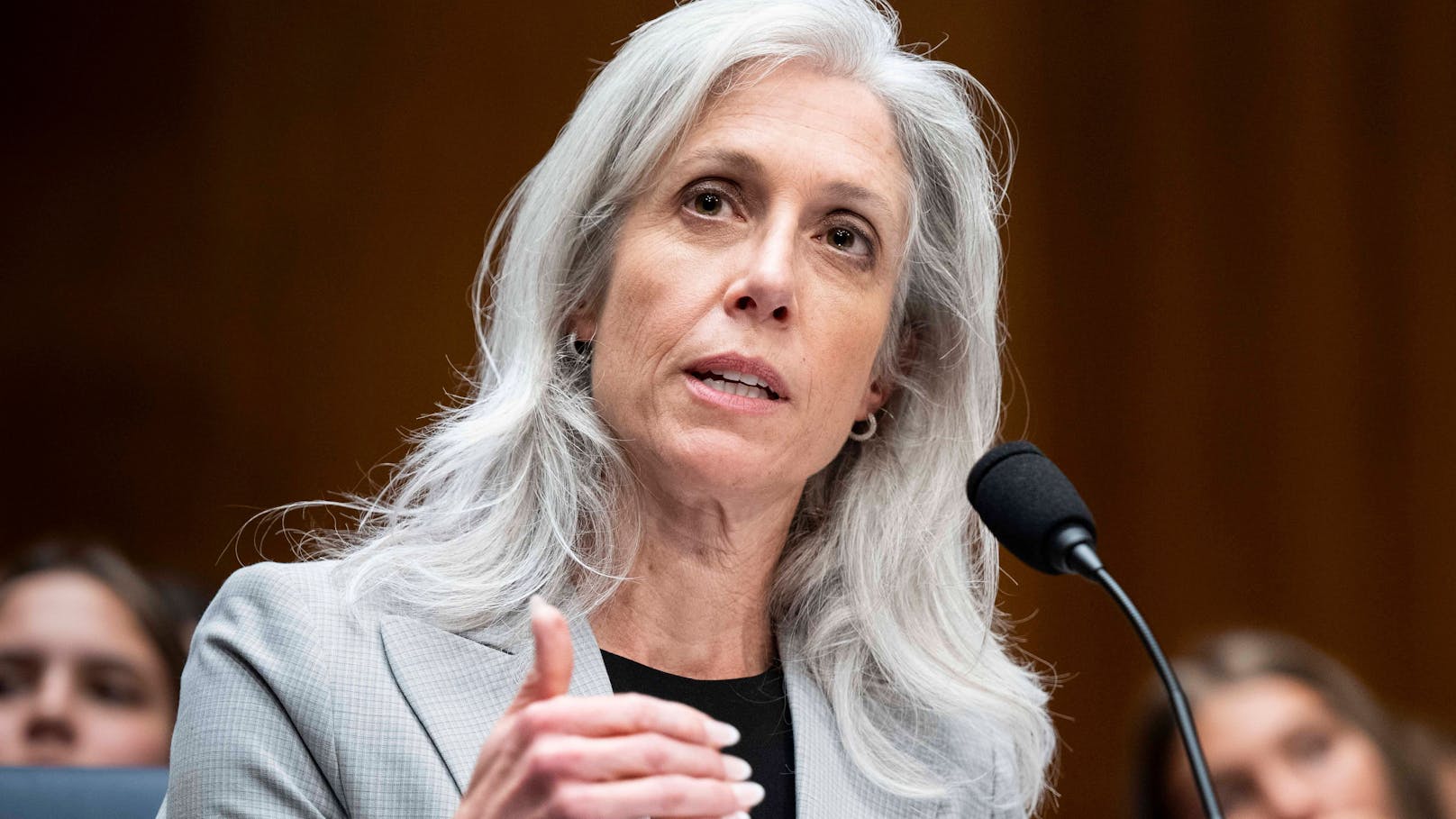
Written on September 4, 2025
When Susan Monarez was fired as director of the US Centers for Disease Control and Prevention (CDC, for short) a few days ago, barely weeks into her tenure, it was more than just a bureaucratic shake-up. Within the next few hours, at least five of the agency’s top officials resigned in protest or were forced out. The abrupt exodus has left America’s premier public health agency rudderless at a moment when it is tasked with overseeing vaccination campaigns and tracking disease outbreaks, but more strikingly, has further exposed cracks in public health institutional independence, at least in the United States.
https://x.com/HHSGov/status/1960818490614415869
The firing was not about a clash of personalities. It was a political purge. Monarez, a microbiologist with decades of scientific and policy experience, was forced out because she resisted the directives of Health and Human Services Secretary Robert F. Kennedy Jr., a man who has built his career not on public health expertise but on dismantling it. By refusing to water down CDC vaccine recommendations for children and pregnant women, Monarez stood on the side of established science. And for that, she lost her job.
The firings have opened a deep wound in the credibility of American public health, and almost as a consequence, can threaten the perception of public health priorities globally. They also raise a more urgent question: what happens to society when scientific institutions are stripped of the independence they need to function?
For India too, the CDC is not a distant agency. CDC policies don’t just affect Americans; their vaccine schedules, outbreak tracking, and research shape WHO recommendations, donor funding, and national surveillance practices for countries like India. If the CDC weakens, it impacts global flu strain selection, mpox response, and collaborations scientists globally, including India, rely on.
The irony is that Monarez was not some radical activist but a careful, respected technocrat. A former deputy at ARPA-H, she brought both scientific credentials and managerial experience. She was the first non-physician to lead the CDC since the 1950s, a recognition that science policy requires both technical expertise and institutional stewardship.
Her refusal to dilute vaccine guidance in line with Kennedy’s demands showed what independence looks like in practice. Her firing showed what happens when independence is treated as insubordination.

That independence is precisely what Robert F. Kennedy Jr. has dismantled. As HHS Secretary, Kennedy has wasted no time in remaking the system in his own image: disbanding advisory committees, halting critical research into mRNA vaccines, and sidelining career scientists. His well-documented history of anti-vaccine rhetoric, including baseless claims linking vaccines to autism, has now been elevated to the level of policy. Earlier this month, hundreds of officials working under him have signed a public letter criticising the department’s leaders for meddling with their work.
The reshuffling has created a chilling effect inside the CDC, Vox has reported. Scientists fear reprisal if they contradict political directives. Imagine being a virologist or epidemiologist whose job is to raise uncomfortable alarms, but knowing that speaking truth could end your career. In such a climate, expertise suffocates.
To understand why Monarez’s dismissal matters so much, we need to understand what the CDC actually does.
The CDC is not an ivory-tower think tank. It is the backbone of the country’s public health infrastructure, and regarded in high esteem around the world. Its scientists are responsible for everything from monitoring influenza strains to shaping vaccine schedules, from tackling opioid misuse to coordinating responses to bioterror threats. Its guidance is the gold standard not just domestically but globally.
Independence is the lifeblood of such work. A CDC that cannot operate free of political interference cannot be trusted to speak honestly, adapt quickly, or act decisively. Destabilising its leadership midstream does not just hurt “policy elites.” It undermines the very system that keeps diseases from becoming epidemics, that ensures vaccines are safe and effective, and that gives the public reason to believe health advice.
We saw this during COVID-19 in India, when local vaccine schedules, import approvals, and even messaging leaned heavily on global evidence streams coordinated through the CDC and WHO. If that stream is politicised, Indian lives too are indirectly at risk.